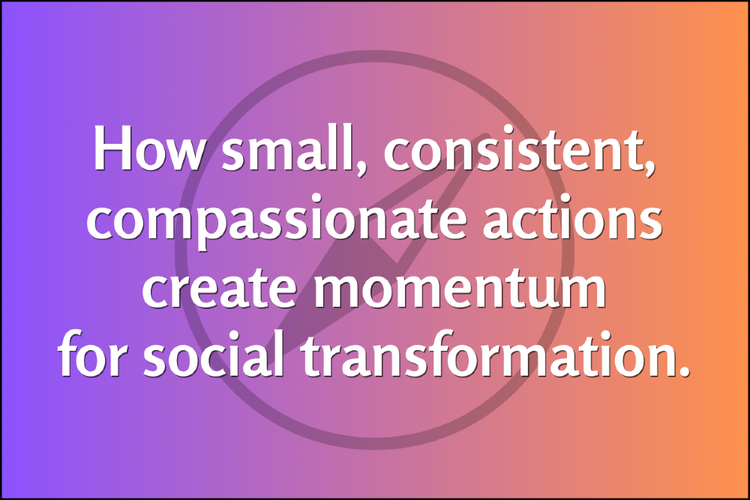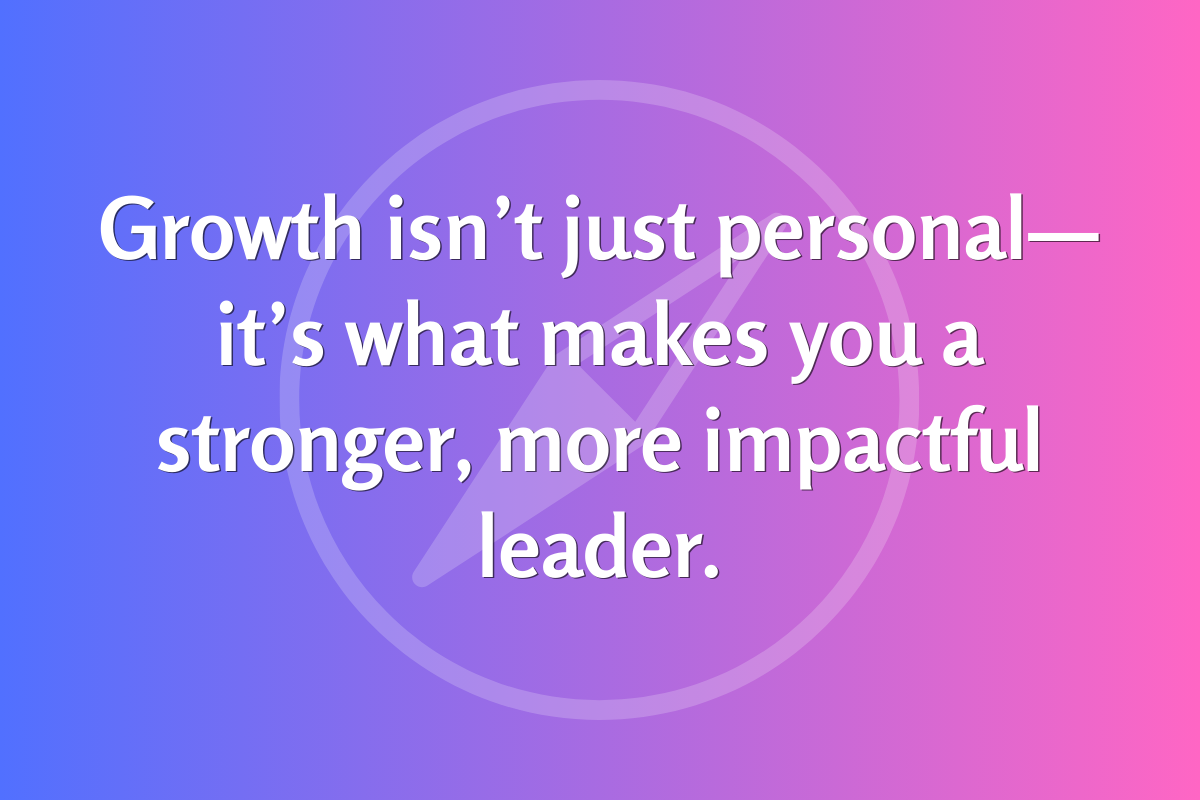Self-Forgiveness is the Bridge over the Chasm of Resentment

PEP: A Personal Evolution Practice based in the Tao Te Ching
“Someone must risk returning injury with kindness,
or hostility will never turn to goodwill.
So the wise always give without expecting gratitude.”*
It is only the ego that, needing to be right and recognized, holds on to resentment.
If you continue to hold on to the past, clinging to a past narrative, however painful — one that you play over and over, embellishing, re-living, and re-creating — you are choosing to stay back, one foot firmly rooted in a past event you cannot change.
Emotions like kindness, love, compassion, and humility will help you soften the harsher emotions like frustration, anger, and rage to see the futility of holding on to what you cannot change.
In an act of personal responsibility, you forgive yourself first by allowing yourself to let go of past transgressions.
It is a choice and a liberating awareness to see resentment as an emotion that pulls you out of the present moment. When you forgive yourself for having held on, for however long, you allow your attachment to the past transgression to dissolve.
Forgiveness is like a bridge that spans a chasm of swirling, egotistical emotions.
The gatekeeper who keeps you from crossing over to reconcile your past is you.
When you cross the bridge, you are returning to the centre, to your most authentic and connected self. When you re-connect with who you are, you open the bridge to others, inviting them to resolve and dissolve past resentments, encouraging a collective personal growth and closer connections.
Today’s Personal Evolution Practice: an invitation to practice the art of forgiveness.
Step 1: Define
Can you identify an event in your life that, whenever you think about it, triggers all sorts of negative emotions from sadness to anger, or from unrealized expectations and loss to guilt or shame?
Start easy and identify a smaller event, in the sense of it being a one-time thing, instead of something that happened over a longer period of time.
To get the greatest benefit from this practice, write out what happened by hand. Be honest with yourself in describing the situation. Note who was involved, what was said, and what you felt.
Try to avoid blaming anyone in this written description. Instead, detail what happened as if you were an impartial observer. Try to note the facts and not the emotions or judgements. Don’t worry about being perfect, just get it down on paper.
Step 2: Refine
When you’re done, take a red pen, or any different coloured pen from what you wrote with, and underline or circle all the emotions that you felt.
Ask yourself, “Why did I feel that way? Why did I feel those particular emotions in response to that experience at that time?”
Write down your responses.
Step 3: Align
Lastly, read what you wrote but now ask, “In that situation, what were the emotions that I wanted to feel?”
Note that I didn’t say, what you wanted to happen.
Forgiveness is about understanding and letting go.
If you can start by identifying how you wanted to feel in this past situation, you realize two things:
- Your emotions are your own. In the past event you identified, you were most likely in reaction mode and emotions bubbled to the surface with little control.
- Now that you have distance from the event, and you have identified how you wanted to feel, what can you do with that past transgression? You are not denying this event happened. Can you now look at the situation with both heart and mind and see that you can change how you want to feel about it by choosing how you wanted to feel?
The key insight from this practice is that we can choose how we want to feel.
We can hold on to how we felt about something, but if that’s not helping us move forward, we can change how we feel in the present moment. We can choose to let go of the past by forgiving ourselves for holding on to emotions (which are in our control) that are no longer serving us.
And that’s the path of personal transformation to liberating and freeing the self.
Opening quotation: Dyer, Wayne W. “Verse 71.” Change Your Thoughts, Change Your Life: Living the Wisdom of the Tao.





Member discussion